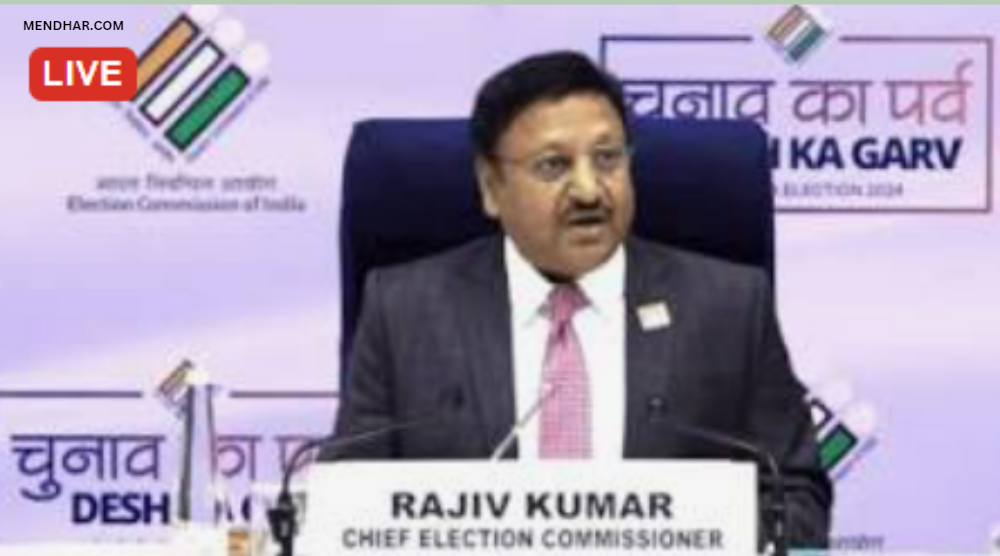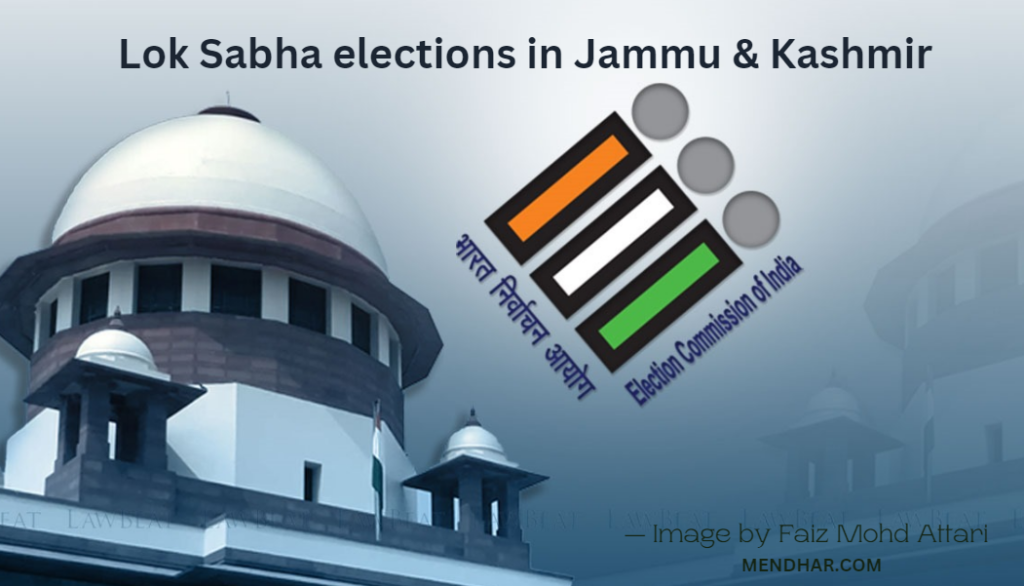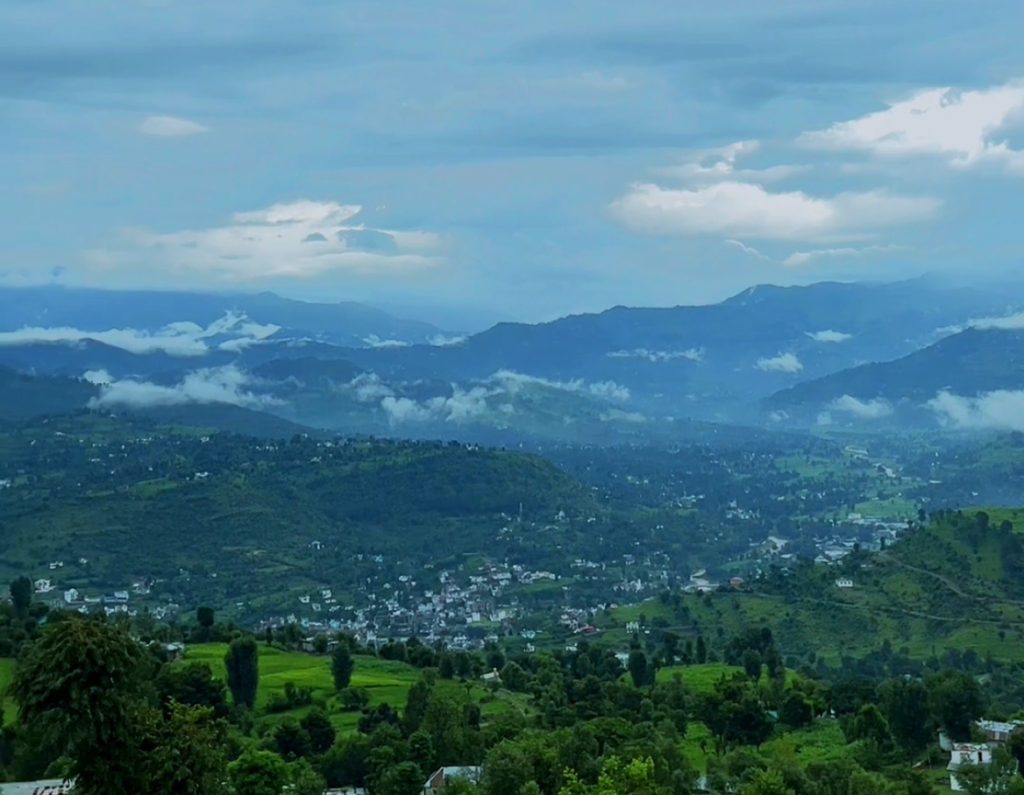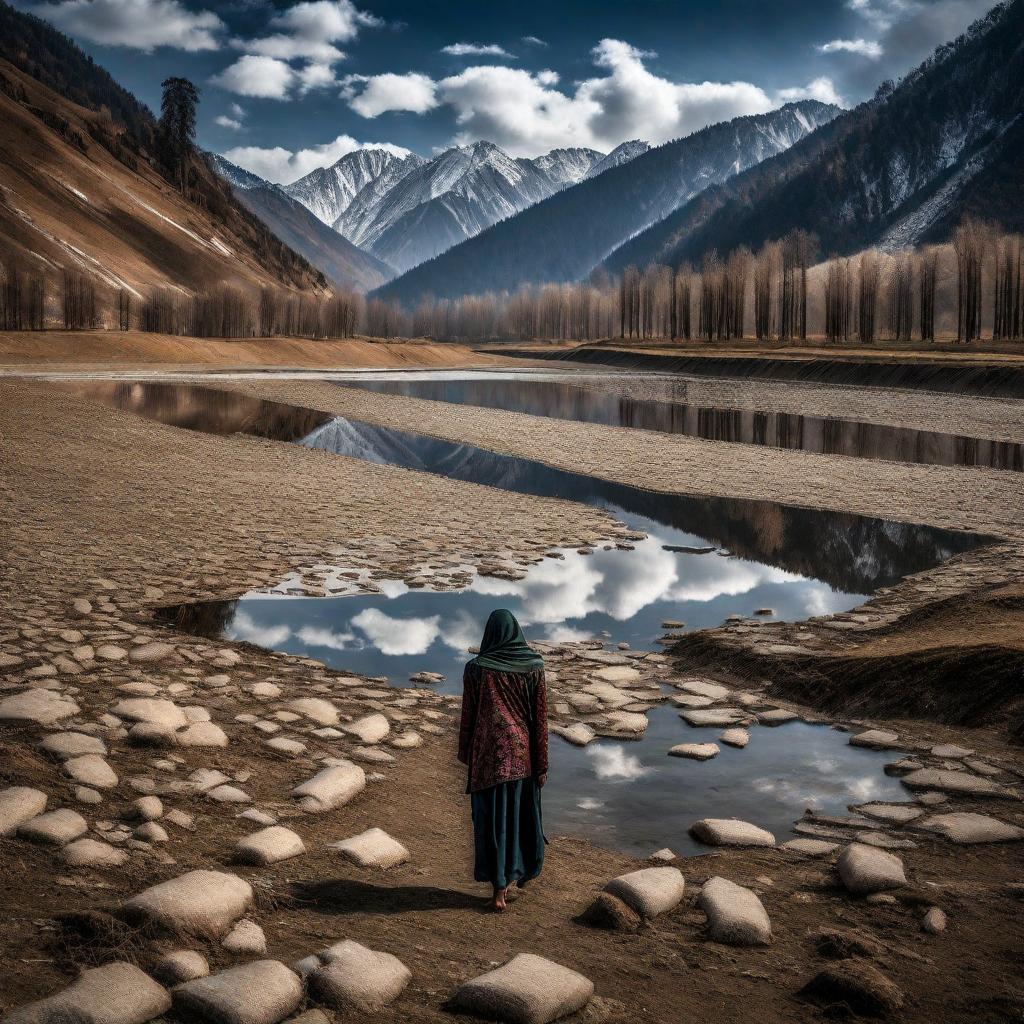The Election Commission of India (ECI) has unveiled the schedule for the 2024 Lok Sabha elections in Jammu & Kashmir

The Election Commission of India (ECI) has unveiled the much-anticipated schedule for the 2024 Lok Sabha elections in Jammu & Kashmir, marking a significant step in the democratic process of the region. This announcement brings clarity and sets the stage for a crucial electoral exercise.
Scheduled to take place in five phases, the Lok Sabha elections in Jammu & Kashmir will witness polling across various constituencies, each phase strategically spread out to ensure a smooth and orderly process. The counting of votes is slated for June 4, a date eagerly awaited by citizens and political stakeholders alike.
The five phases of polling will see voters from different regions casting their ballots, exercising their democratic right to choose their representatives. From the scenic locales of Baramulla to the bustling cityscape of Jammu, each constituency holds its own significance in shaping the political landscape of the state.
Here’s a breakdown of the polling dates for each phase:
| Phase | Voting Date |
|---|---|
| Phase 1 | April 19 |
| Phase 2 | April 26 |
| Phase 3 | May 7 |
| Phase 4 | May 13 |
| Phase 5 | May 20 |
The model code of conduct (MCC) has been promptly enforced following the announcement of election dates, underscoring the commitment to ensuring a fair and transparent electoral process.
Chief Election Commissioner Rajiv Kumar, in his address, not only unveiled the schedule for the Lok Sabha elections but also reassured the public regarding the impending Assembly polls in Jammu and Kashmir. Emphasizing the Election Commission’s dedication to democratic principles, he affirmed that Assembly elections would follow soon after the conclusion of the Lok Sabha polls.
The significance of these elections goes beyond mere political representation; they serve as a testament to the resilience and democratic spirit of the people of Jammu & Kashmir. Despite various challenges, including geopolitical complexities and security concerns, the electoral process continues to march forward, guided by the principles of inclusivity and participation.

| Phase | Voting Date | Constituencies |
|---|---|---|
| Phase 1 | April 19 | Udhampur |
| Phase 2 | April 26 | Jammu |
| Phase 3 | May 7 | Anantnag-Rajouri |
| Phase 4 | May 13 | Srinagar |
| Phase 5 | May 20 | Baramulla |
These dates mark significant milestones in the democratic process of Jammu & Kashmir, as citizens across the region will participate in shaping their political representation through the ballot box.
In Phase 1, voters in the Udhampur constituency will cast their votes on April 19, initiating the electoral process. This phase sets the tone for subsequent phases, setting the precedent for voter turnout and engagement.
Phase 2, scheduled for April 26, sees the electorate in the Jammu constituency exercising their democratic right. With its diverse demographics and political significance, Jammu plays a crucial role in shaping the electoral landscape of the region.
Moving forward to Phase 3 on May 7, voters in the Anantnag-Rajouri constituency will head to the polls. This phase encompasses regions with unique socio-political dynamics, reflecting the diversity of perspectives within Jammu & Kashmir.
Phase 4, slated for May 13, brings the electoral focus to Srinagar, a city steeped in history and cultural heritage. As one of the key constituencies in the region, Srinagar’s electoral outcome often carries significant implications for state-level politics.
Finally, Phase 5 on May 20 concludes the voting process with the Baramulla constituency. Situated in the picturesque Kashmir Valley, Baramulla’s participation in the electoral process underscores the inclusive nature of democracy in the region.
Beyond the electoral dates, June 4 holds special significance as the day when the votes polled in the Jammu & Kashmir Lok Sabha elections 2024 will be counted. This crucial step marks the culmination of months of campaigning, deliberation, and voter participation, as the electoral mandate is revealed.
Overall, these dates represent more than just a series of electoral events; they symbolize the collective voice and aspirations of the people of Jammu & Kashmir. With each phase of voting, citizens reaffirm their commitment to democracy, ensuring that their voices are heard and their choices respected.
As the dates draw closer, anticipation builds, with political parties gearing up for intensive campaigns and citizens preparing to exercise their franchise judiciously. Each vote cast will play a pivotal role in shaping the future trajectory of the region, reflecting the aspirations and concerns of the electorate.
Beyond the realm of politics, the elections also present an opportunity for dialogue and engagement, fostering a sense of civic responsibility and ownership among the populace. It is a time for reflection, discussion, and ultimately, collective action towards building a brighter and more inclusive future for Jammu & Kashmir.
In conclusion, the announcement of the Lok Sabha election schedule for Jammu & Kashmir heralds the beginning of a significant chapter in the region’s democratic journey. With the assurance of free and fair elections, coupled with the promise of subsequent Assembly polls, the electoral landscape stands poised for a transformative period of change and progress. As the electorate prepares to exercise its franchise, the spirit of democracy shines bright, illuminating the path towards a more vibrant and representative governance.



Really interesting
Pingback: Mystery of Electoral Bonds -
Interested 👍
Pingback: Essential Tips for Handling and Operating an EVM: A Comprehensive Guide -